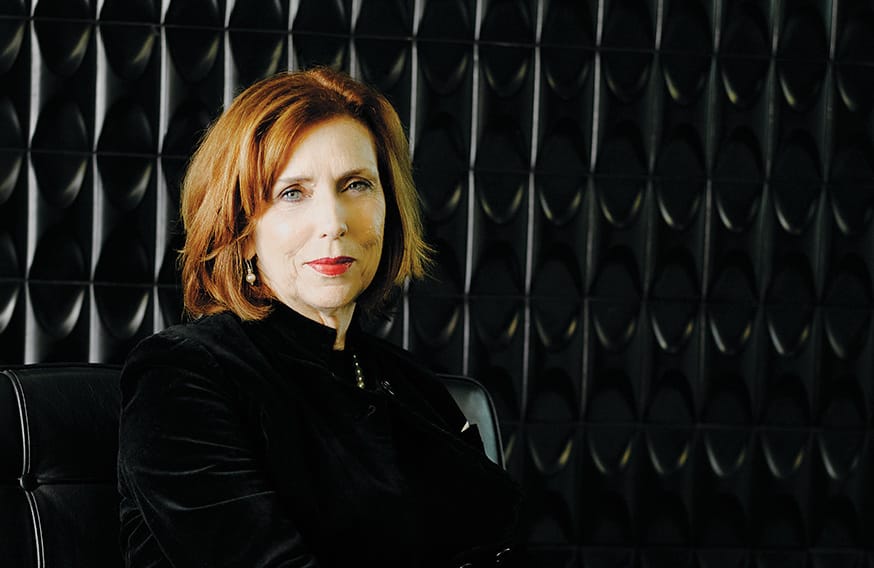
In Australia, as in the UK, we see considerable public discussion around higher education. More recently we have seen elements of that discussion turn to debate centred on the very heart of a university’s purpose, interlinked with and inextricable from questions relating to universities’ autonomy, the legislative and financial instruments under which they are governed, and the cultural expectations we have of them.
The weighing and debate of contrasting ideas is one of those purposes. All universities should and do welcome debate about how we understand the world, how we give meaning and purpose to our endeavours, where research is taking us, and where we should take education. It was these considerations that inspired Monash University this year to announce the Monash Commission, fuelling discussion and policy reform to address the challenges and shape opportunities affecting all Australians, starting with an independent inquiry into post-compulsory education.
Such discussions also provide opportunity to reflect on the value of universities. Often this is expressed simply in terms of economic impact, for here the benefits of universities are easily translated. We know, for example, that education is Australia’s third-largest export sector. We know that graduates benefit from higher incomes. And we know that having more graduates in an economy grows jobs and lifts wages for those who do not have a degree.
But in quantifying these benefits, we must be mindful not to lose sight of the fundamental endeavour of all universities to meet their obligation to students, the numerous programs all of them undertake to prepare students for life after graduation, and from which these broader economic and social benefits emerge.
At Monash, this translates to what we are doing to provide students opportunities to realise their full potential, irrespective of background and circumstance; to foster the international outlook and proficiencies that prepare them for a global future; and to instil them with entrepreneurial skills and capabilities for varied and successful careers.
In the past year or two alone, Monash has made remarkable advances in each of these endeavours.
Our Achieving Potential scholarship program to support students who face challenges on their path to university is one of the most generous scholarship offerings in Australia. This year Monash will provide scholarships for 6500 students, including asylum seekers, students from regional or remote Australia, students from low socioeconomic backgrounds and students who mentor younger students from under-represented schools.
Funded by our alumni, Achieving Potential has been transformative for thousands of Monash students. Students such as Pouya Heidari, who was forced to flee Iran because of his religious beliefs. As an asylum seeker, Pouya was not eligible for Commonwealth-supported higher education, but through an Achieving Potential scholarship he is now a Bachelor of Science student, striving to become an astrophysicist.
To foster our students’ international capabilities, the University this year launched the Global Immersion Guarantee, a two-week overseas experience for first-year Bachelor of Arts and Bachelor of Global Studies students. Under the guarantee, Monash pays the full cost of airfares, accommodation and local travel – students’ only expenses will be food and other living costs. This offering means that all Arts students, not only those who can afford the airfares for study abroad, can benefit from the experiences that we know improve their education and their employability.
With a choice of four study destinations, in Italy, Malaysia, Indonesia or India, the Global Immersion Guarantee offers a truly unique international experience for thousands of Monash students every year, and an invaluable opportunity to deepen their understanding of another culture while they explore first-hand the relationships between society, technology and the environment.
Fostering a culture of entrepreneurialism is also essential preparation for graduates. Our new entrepreneurship hub, the Generator, empowers people to create value in the world by finding the intersection between a problem, the market and their individual drivers. Its flagship program, the Accelerator, offers seed funding, intensive mentorship and dedicated working space to help successful applicants launch or scale their idea, start-up or social enterprise.
Two of our students, Nathan Sherburn and Andrew Faulks, have leveraged support from the Accelerator for their online feedback platform for lecturers, Flux.qa. Since concluding the program, Nathan and Andrew have secured their first six-figure deal and relaunched Flux.qa as an education-focused offering that can be exported globally. In the same Accelerator round, two brothers enrolled in the Monash Business School, Alex and Chris Noumadis, were able to develop and launch MindSet, an app that uses hypnosis to break bad habits, such as anxiety, insomnia and procrastination. MindSet has since received remarkable success worldwide, featuring as ‘App of the Day’ in the UK App Store.
Australia’s prosperity increasingly depends on its success as an innovation economy. Building entrepreneurial and internationally minded graduates, with pathways to ensure the most talented are able to contribute fully, will be instrumental to this success. As these examples show, Monash is making remarkable advances to prepare its students for that future, some of them extending well beyond our traditional expectations of the classroom and a degree. Doing so better enables our students to realise the goals to which they aspire, not only for their own benefit, but also for the benefit of the entire community.





